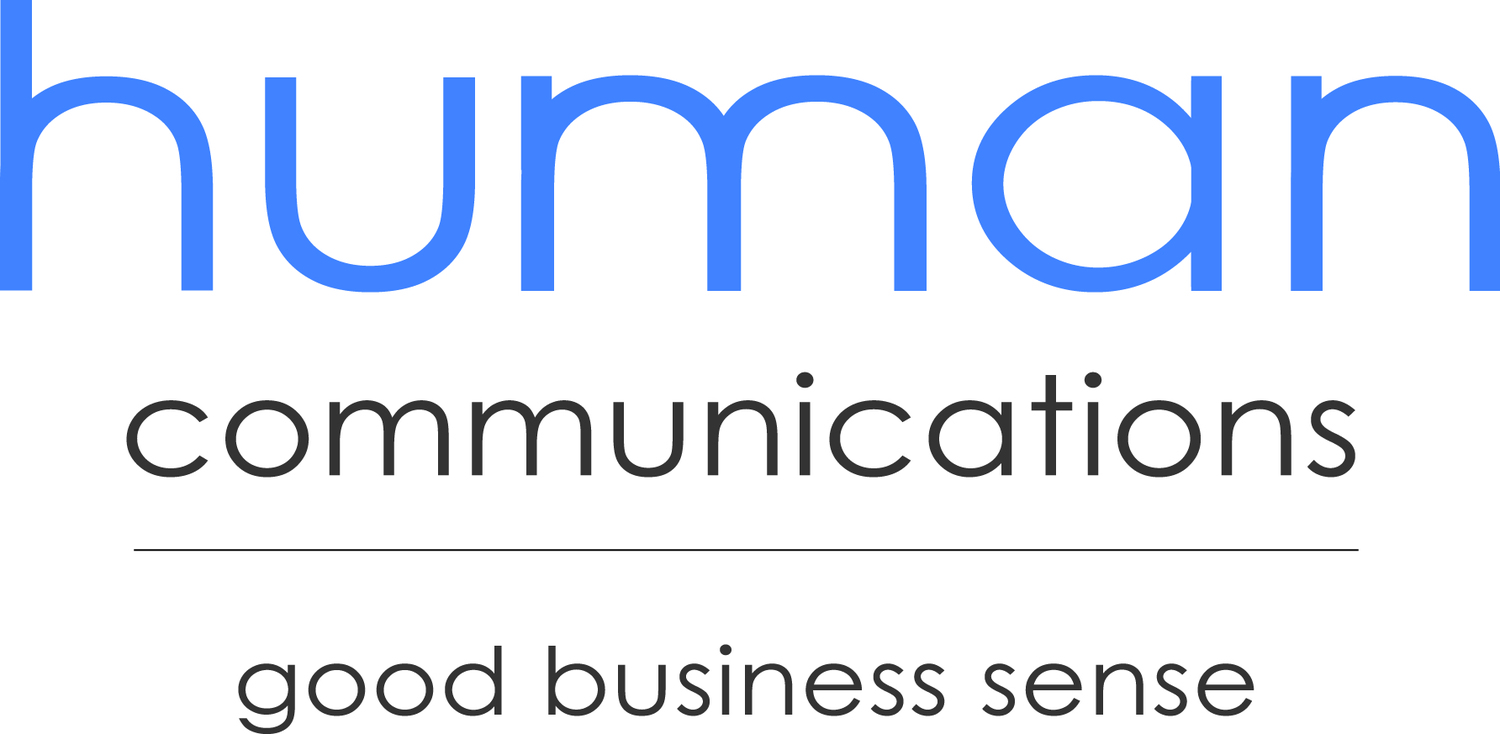Dentists urged to use plain English to avoid confusing patients
Dental professionals in the UK have been urged by their union to use plain English when communicating with patients and colleagues.
The Dental Defence Union (DDU) published an article in its latest journal explaining how using plain English could help dentists to communicate better with patients and avoid misunderstandings that could lead to a complaint or claim.
“Jargon, acronyms and technical language are commonly used in dentistry. Because we are using the words day in day out, it can be difficult to distinguish what is and isn’t jargon. For example, dental professionals all understand what composite, amalgam and radiographs are, but they are not words widely understood by patients,” said DDU deputy head Leo Briggs.
“By making the effort to communicate clearly and concisely, dental professionals can give patients a greater sense of involvement in their own care. When you consider that communication issues are also a regular factor in complaints faced by DDU members, using plain English can also minimise the risk of a simple misunderstanding becoming something more serious.”
According to Briggs, it isn’t just patients who will benefit – other professionals will welcome clearer communication too. Cutting out the technical language and abbreviations will save them time working out what referral letters from dentists mean.
The DDU highlighted several common dental terms that patients might not be familiar with, including:
amalgam – a silver-coloured material used to fill teeth
composite – an alternative filling material, which is tooth-coloured
restoration – a filling or a crown
radiograph – X-ray
periodontitis – gum disease
basic periodontal examination (BPE) – a screening test to look for gum disease
caries – decay in the tooth
UL5 (or another number) – an example of the notation system used to identify teeth, in this case the fifth tooth back on the upper left of the mouth
temporomandibular disorder (TMD) – a condition affecting jaw movement.
The DDU’s guidance follows advice published earlier this year by the Academy of Medical Royal Colleges, which recommended that outpatient clinics should write letters to patients in plain English. The DDU noted that writing in plain English has the same benefits in dentistry as in medicine.
While some medical jargon is OK, explained the guidance, plain English should be used wherever possible. The Academy recommended explaining acronyms in particular, as they are often “incomprehensible” to patients and non-specialists alike.
Keen to improve your business communication? Get a quote for our editing and proofreading services now




